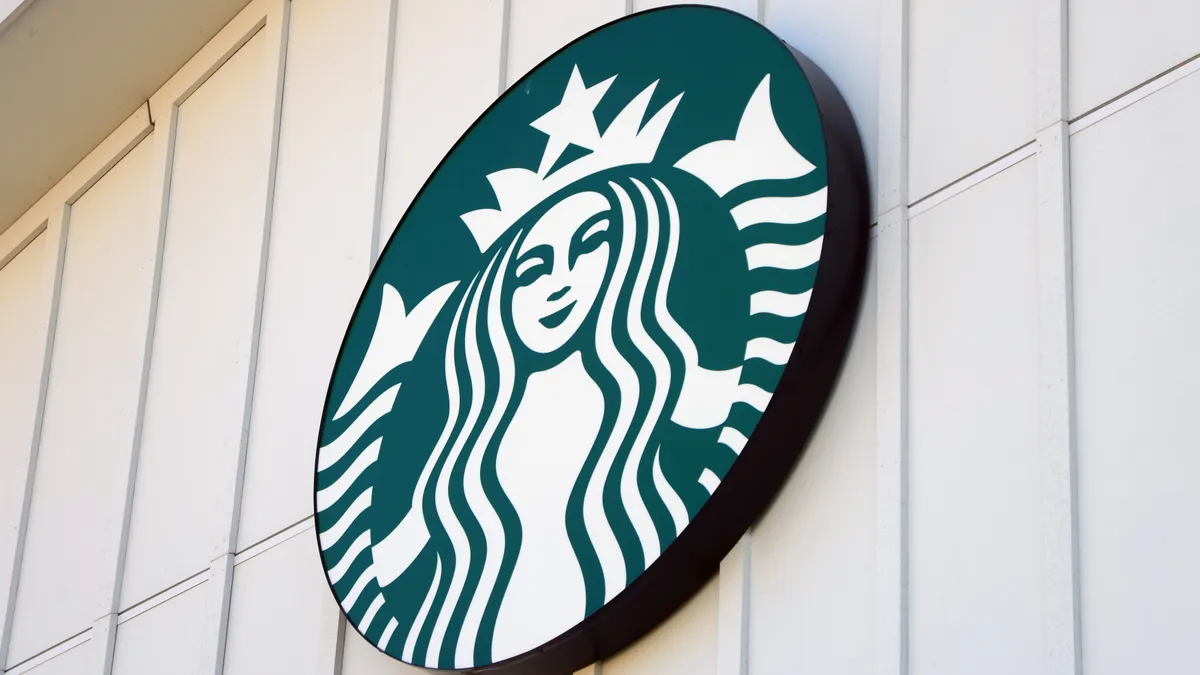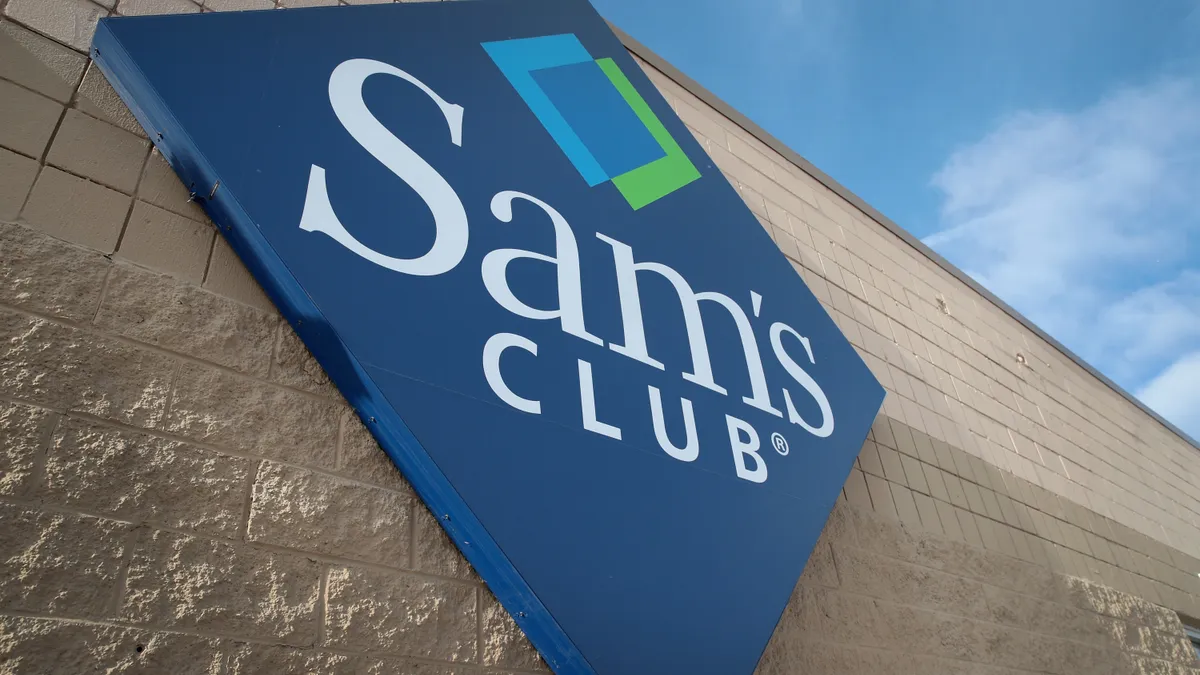Starbucks is among the corporations that has experienced a spike in workplace misconduct complaints in recent years as employees returned to work following the height of the COVID-19 pandemic.
The multinational coffee chain has responded in part by increasing internal head count and relying on external resources such as those provided by legal talent platform Axiom.
But Becky Critch, a director of ethics and compliance in Starbucks’ investigation group, said those approaches were not sustainable on their own.
The company also needed to streamline its workplace investigations operations and processes, she said during a recent webinar Axiom hosted.
Critch, who works in a group supporting Starbucks’ operations in North America, shared that the coffee giant’s shift in approach has included recognizing that not all workplace-related concerns should spark an in-depth investigation.
“While every report deserves a response, not every report deserves the same response,” Critch said. “So as part of our triage process, we are more critically assessing what’s being reported. We’re looking at: What is the seeming severity, what is the pervasiveness, the persistence in the reported behavior? What is the likelihood that the local leader could be coached and provided with some information to help them actually address the concern in store?
“We call this our consult process, so [it’s] very different from a full-blown investigation,” she said.
Ultimately, Starbucks noticed many of the workplace complaints it was receiving were at the lower end of the risk and complexity spectrum, Critch said, and were often about what she called “gateway behaviors.”
She said such behaviors are on the edge of implicating the company’s policies against harassment and discrimination, but “due to the lack of severity, due to maybe a lack of pervasiveness, they really weren’t best handled by what we would typically do to conduct a full-blown end-to-end investigation.”
Focus on training
Starbucks has implemented changes to its handling of workplace complaints during a period in which more states have begun requiring specific types of employee training, particularly in the area of harassment.
Critch said a review of Starbucks’ internal data indicated that in jurisdictions where there was mandated anti-harassment and anti-discrimination training for all levels of employees, the company saw increased levels of employee reports about such issues.
However, the increases in reporting were more significant in geographies where such training was not mandated by law.
This realization prompted Starbucks to expand the training it provides to all its baristas and shift supervisors throughout North America, Critch said.
A recently launched 20-minute online training features a Top 10 of do’s and don’ts for employee behavior, with repeatedly asking another employee out on a date one example of improper behavior.
The training features audio clips of employees talking about real-life situations and how they worked through the issues. Critch said the primary goal of the training is to prevent problematic behaviors.
“It’s also to help build our partners’ capability and competence to address those behaviors before they become persistent or severe in any way,” she said.
Critch, who has worked at Starbucks for nearly three decades, said the company benefits from having a strong “speak-up culture” at all levels of the organization.
Widespread rise in complaints
Starbucks is far from alone in seeing a spike in employee complaints about workplace misconduct and other issues.
The 2023 Hotline & Incident Management Benchmark Report from NAVEX, which offers risk and compliance management software, found employee reporting was at an all-time high in 2022.
For example, the median level of reports per 100 employees was 1.47, with 21% of organizations receiving five or more reports per 100 employees.
The median organization saw 54% of its employee reports being made in the HR, Diversity and Workplace Respect category, according to NAVEX.
“Reviewing the reporting frequency across deeper issue types offers more insight into organizational stresses and behaviors – particularly an increase in workplace civility concerns involving abusive or disrespectful behavior,” a press release from NAVEX said. “The data also shows the frequency of harassment, discrimination, retaliation, and substance abuse reports in 2022 all increased.”
Despite these increases in reporting, Critch and two other panelists participating in the recent Axiom webinar said their companies have not yet seen an uptick in workplace-related litigation.























